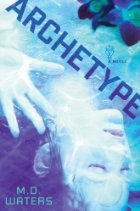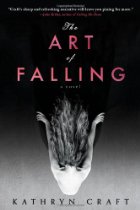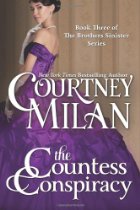
Elise Dalriss hears her great-granddaughter repeating a story about a princess locked asleep in a tower, and finally tells the true story as she lived it, the princess's companion.
Do not expect too much Sleeping Beauty in this story. The broad outlines are there: a King and Queen who at long last have a child. A curse at the princess's baptism. Her being shut away in the tower. However, the story is really Elise's as she makes her way from the countryside to the palace and from chambermaid to lady in waiting, and about the friendships and romances she forms along the way. There is very possibly also no magic in this story, as it remains ambiguous whether royal aunts Millicent and Flora have magic powers or merely an amazing knowledge of herbs.
Call this historical fiction about history that never happened, to borrow a phrase often used to describe the A Song of Ice and Fire series. I would say the ideal audience for this book would be fans of Philippa Gregory who enjoy the court intrigue and aren't picky about whether the court in question existed.
Overall grade: B
While Beauty Slept will be available February 20




 RSS Feed
RSS Feed
